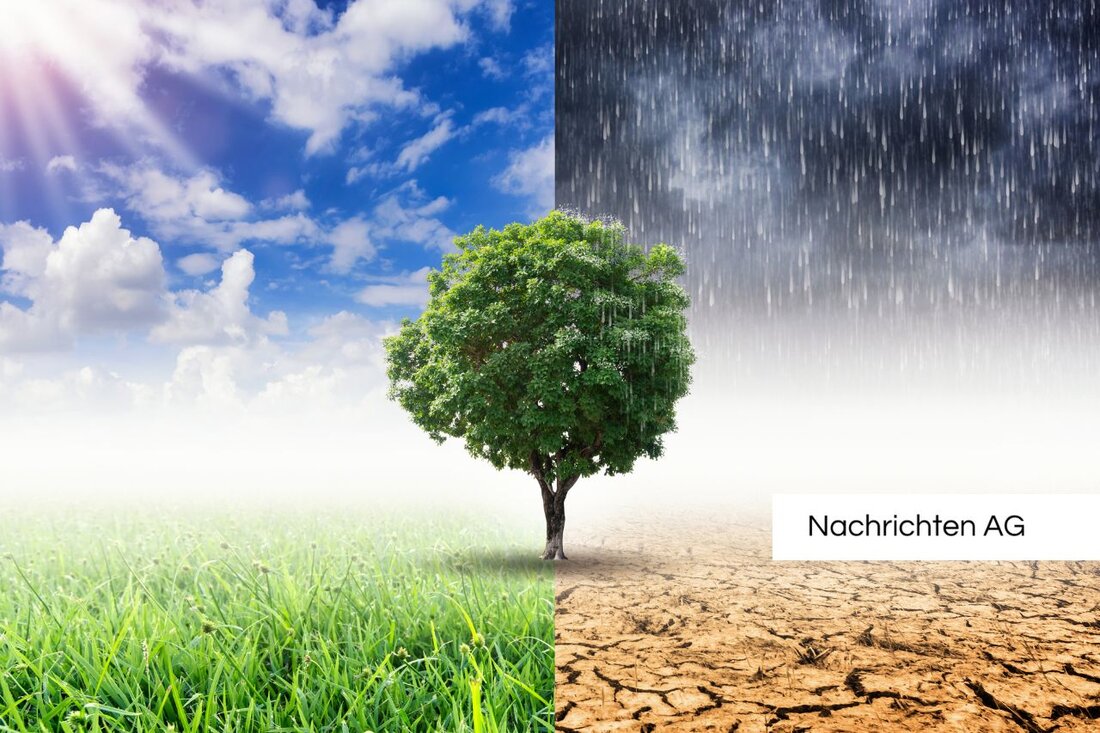Young people in Hagen: Political commitment and new challenges!
Event at the Lutz Youth Theater: Political Salon Hagen discusses youth, politics and the U-18 federal election on March 14, 2025.

Young people in Hagen: Political commitment and new challenges!
On March 14, 2025, an important political salon took place in the Lutz youth theater in Hagen, organized by the FernUniversity, the Hagen Theater and the Schumacher Museum. The event was dedicated to the central topics of “youth and politics” and brought together politically active young people and an interested audience. The focus was also on the U-18 federal election, in which the Left took first place with 20.8 percent, followed by the SPD and the CDU/CSU.
Dr. During the evening, Sarina Schäfer, a social psychologist, underlined the urgency of actively involving young people in political discourse. Their findings are based on the results of the current Shell Youth Study, which documents a significant increase in political interest among young people. The proportion has increased from 36 percent in 2006 to 51 percent in 2024. This transformation is also reflected in the increasing concerns of young people, especially with regard to politics, society and the environment.
Political views and engagement
The Shell Youth Study shows that young people have a greatly increased interest in politics, especially girls and more highly educated young people. More than three quarters of those surveyed feel satisfied with democracy. However, over two thirds of young people criticize that politicians do not care about their concerns. Trust in institutions is high, but trust in parties, unions and churches remains rather low.
Concerns about climate change and social justice are important to all age groups, with environmental fears particularly increasing among more highly educated youth. Dealing with migration and xenophobia is also a crucial issue; Less educated young people tend to show greater concern about immigration.
Youth Education Resources
Gandhi Cahin, head of the “City Lights” project, called for more resources for youth education in order to sustainably promote political education. This is seen as essential, especially at a time when the issues of racism and diversity are becoming increasingly important in society. Aya Alali, who fled Syria and is studying political science, is part of this initiative and emphasizes the importance of projects that support young people in their political education.
The exchange between different actors, such as Efsan Baran from the Hagen Youth Council, who emphasizes the importance of active participation, is important. Young people have lots of ideas, but often don't know who to turn to. This discrepancy between young people's desires and reality needs to be urgently addressed.
In summary, the event shows that political interest among young people is not only growing, but also documents the urge to actively participate. It remains a challenge to develop new forms of participation that meet the needs of this generation. Political parties are called upon to break away from traditional competitive logic and offer young people serious opportunities to get involved.
This relevance is supported by various studies, including the 18th Shell Youth Study, conducted by Prof. Dr. Mathias Albert and his team were carried out. It shows how closely political orientations are linked to young people's life prospects.
The suggestions for lowering the voting age and integrating youth parliaments are therefore important for the future political landscape in order to give young people a voice and offer them the opportunity to actively participate, which remains essential for a vibrant democracy.

 Suche
Suche
 Mein Konto
Mein Konto